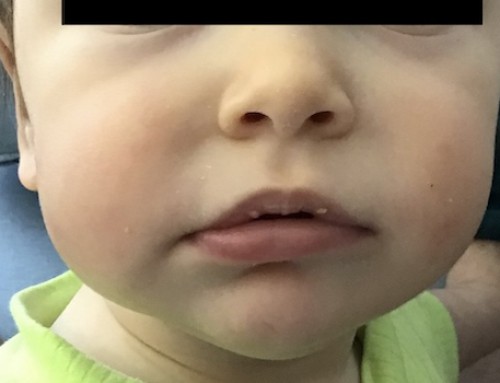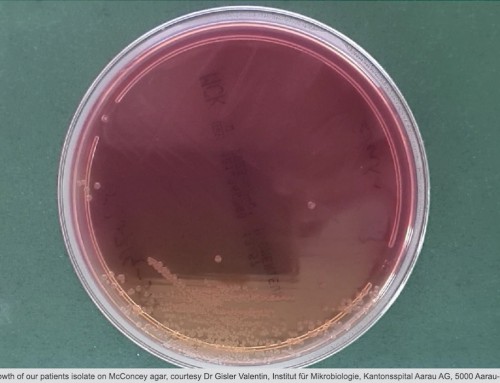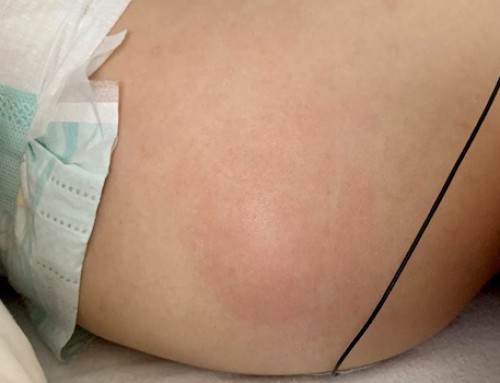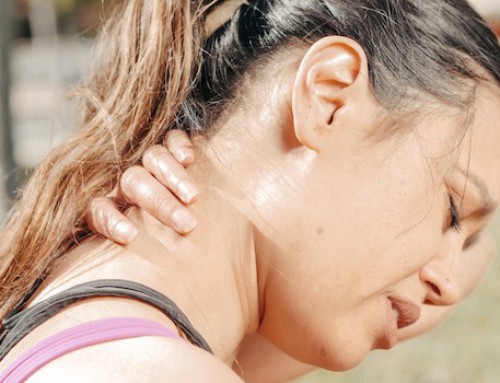Project Description
Rapeseeds and Hypertension
Case Presentation:
PED visit 1: 9-year-old girl, refugee living in an orphanage, presented to the paediatric ED (PED) one day after eating rapeseed pods. She complained of gastrointestinal symptoms (6x non-bilious vomiting, one greenish diarrhoea) and reduced general state without fever.
Vital parameters were within normal limits. On clinical exam the patient appeared very tired but otherwise exam was unremarkable including a soft and non-tender abdomen.
According to Tox Info Suisse gastrointestinal symptoms can occur after ingestion of rapeseeds, though more serious symptoms are not expected.
Oral rehydration failed despite administration of oral Ondansetron. Therefore iv access was obtained, venous blood gas was unremarkable. After iv fluids the patient felt much improved and was discharged back to the orphanage.
PED visit 2: Second ED visit two days later due to persistent abdominal pain with one further vomit, reduced general state with sleepiness and a suspected seizure as per the caregiver.
At triage patient awake and alert, but cannot remember the name of the caregiver. Complaining of abdominal pain. Involuntary incontinence, which usually only happens at night. Able to stand up and change her trousers. Raised BP of 160/116mmHg (mean 131 mmHg) was noted. Other vitals were as follows: heart rate 107/min; respiratory rate 20/min; SpO2 99% under room air; T 36.5°C; weight: 25kg (with clothes); pupils unremarkable. 5 minutes later, she had a tonic-clonic seizure with eye deviation to the left.














